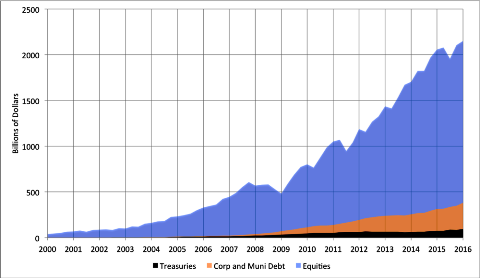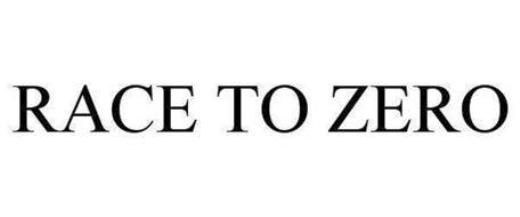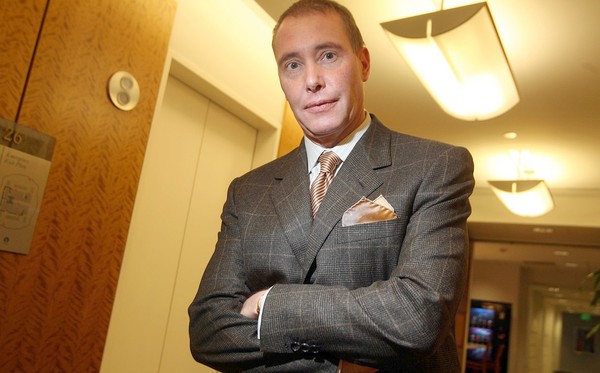ETF product use among the Buy-Side is no longer viewed as “just a portfolio re-balance or transition management tool,” according to a survey of the investment industry’s largest portfolio managers. More PMs than ever are finally ‘getting the joke’ with regard to the value proposition of Exchange-Traded Funds (ETFs), according to a recent report by State Street Global. The up-trending holdings of ETF products across the institutional manager community is attributed to a variety of reasons that include better product education, the ongoing search for alpha, the need to reduce single-stock exposure, and according to Europe-based fund managers, ETF products are ideal vehicles to express global macro investment views.
According to recent research from State Street Global, 85% of investment professionals are using exchange-traded funds (ETFs) to gain exposure to individual sectors or industries. More than one-quarter of survey respondents (26%) report that over 20% of their assets under management are allocated to sector/industry ETFs.
This research is based on State Street Global Advisors’ Survey of Investment Professionals’ Sector and Industry Investing Attitudes and Usage, completed in the first quarter of 2016. The study comprised web-based interviews with 419 financial advisors and wealth managers.
While it is hard to compare the two conventionally – the average daily amount of stock trading as measured by Bats Global runs around 7.30 billion shares compared to 1.3 billion for ETFs, the latter reported by SSGA. When compared on a notional dollar basis, ETFs hit $13.1 billion versus $48.5 billion for stocks.
If you’ve got a hot tip, a bright idea, or if you’d like to get visibility for your firm through MarketsMuse via subliminal content marketing, advertorial, blatant shout-out, spotlight article, etc., please reach out via this link
The estimated value of all ETF shares issued exceeded that of shares redeemed by $5.60 billion for the week ended October 26, 2016, the Investment Company Institute recently reported. For ETFs backed by equities, for the week ended November 1 net issuance hit $5.23 billion for the week, compared to estimated net issuance of $2.38 billion in the previous week. Domestic equity ETFs had estimated net issuance of $4.03 billion, and world equity ETFs had estimated net issuance of $1.19 billion.
Nick Good, co-head of the Global SPDR business at State Street Global Advisors, told Markets Media that the research pointed a rosy picture for ETFs going forward. He said the survey found that the use of sector and industry ETFs is highest among private wealth managers, with 92 percent reporting they had some exposure to the sector and/or industry funds; followed by independent/regional broker dealer advisors (87 percent), National Broker Dealer advisors (86 percent) and Registered Investment Advisors (80 percent).
“The most important variables these investment professionals consider when choosing a specific sector or industry ETF are liquidity, expense ratio and the fund’s holdings,” he said.
Looking ahead, 45 percent of financial advisors surveyed report they plan to increase usage of ETFs while another 50 percent said they plan to maintain their current allocation of sector and industry ETFs in the future.
Advisors’ top reasons for incorporating sector and industry ETFs into client portfolios include:








